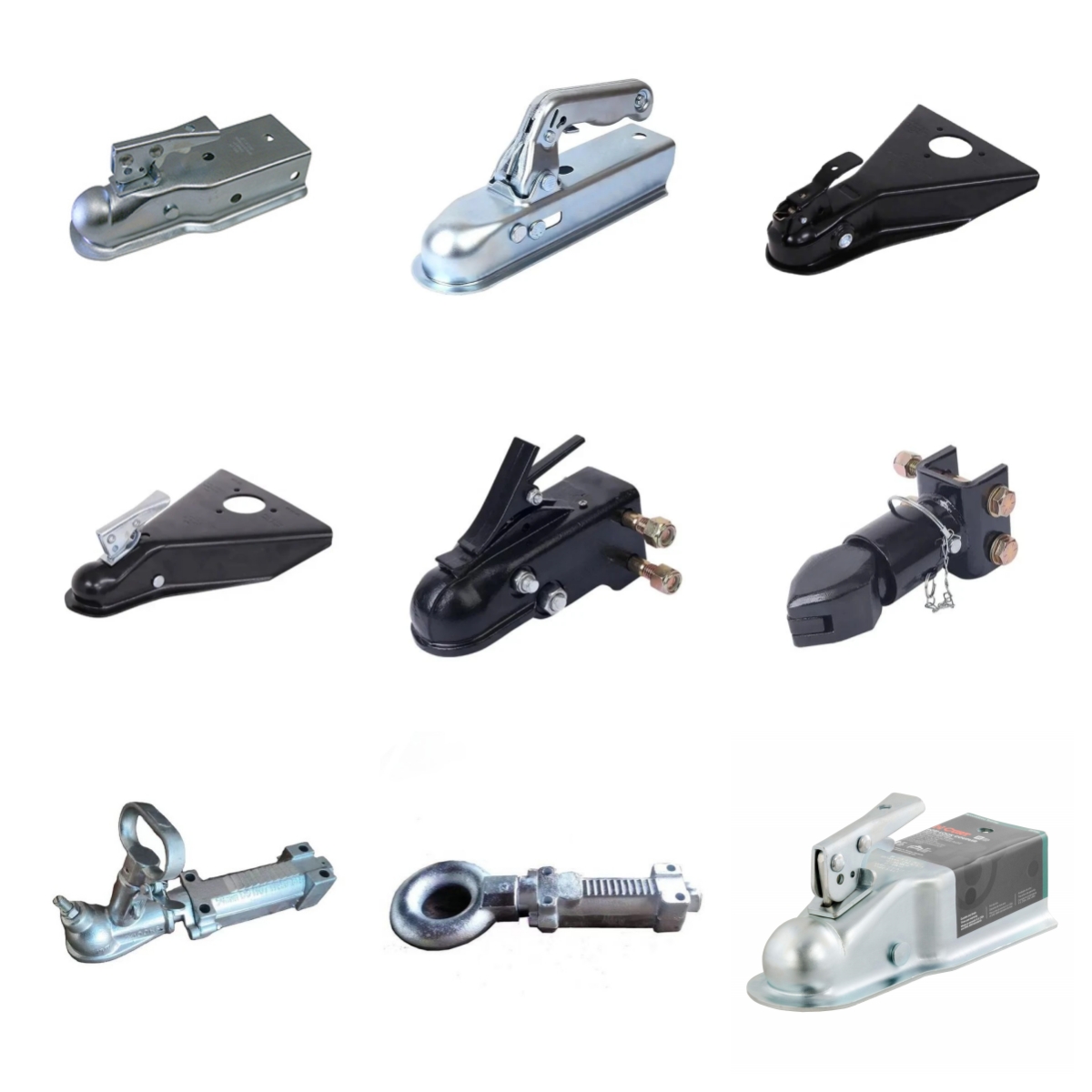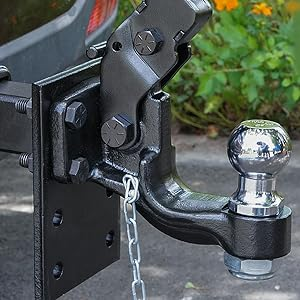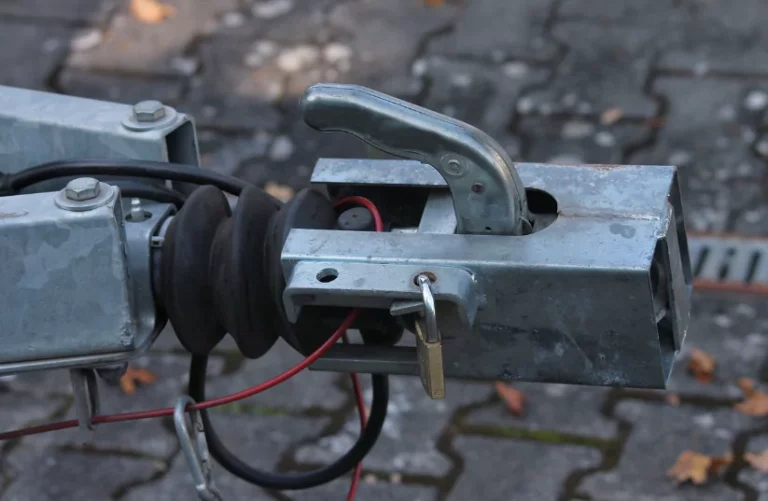Hello there! Are you a first-time trailer owner or someone who wants to learn more about trailer couplers? Look no further! In this blog post, we will provide you with a comprehensive guide on the usage of trailer couplers. Whether you’re hauling a boat, RV, or any other type of trailer, understanding how to properly use a trailer coupler is crucial for safe and efficient towing. So, let’s dive in!
1. What is a Trailer Coupler?
A trailer coupler is a device that connects the trailer tongue to the hitch ball on the towing vehicle. It ensures a secure attachment, allowing the trailer to be towed smoothly. Trailer couplers come in various sizes and types, so it’s important to select the appropriate one that matches your trailer’s specifications.
2. Types of Trailer Couplers:
a. Fixed Couplers: These are the most common type of couplers and are permanently attached to the trailer tongue. They provide a secure and stable connection.
b. Adjustable Couplers: As the name suggests, these couplers can be adjusted to accommodate different hitch ball sizes. They offer flexibility when towing multiple trailers with different requirements.
c. Pintle Ring Couplers: Commonly used for heavy-duty applications, pintle ring couplers consist of a ring that slides over a pintle hitch on the towing vehicle. They provide a reliable connection suitable for rough terrains.
3. Proper Usage of Trailer Couplers:
a. Hitching the Trailer: Ensure that your trailer is properly aligned with the tow vehicle’s hitch ball. Lower the trailer coupler onto the hitch ball and latch it securely. The latch should audibly click into place, indicating a proper connection.
b. Safety Chains: Always use safety chains to provide an additional level of security. Cross the chains under the trailer tongue, allowing slack for turns but preventing the tongue from hitting the ground in case of a coupler failure.
c. Coupler Locks: Consider using a coupler lock to deter theft and prevent unauthorized access to your trailer. These locks provide peace of mind when leaving your trailer unattended.
d. Regular Maintenance: Inspect your trailer coupler regularly for any signs of wear or damage. Grease the moving parts to ensure smooth operation, and replace any worn-out components promptly.
4. Safety Tips:
a. Always ensure that the trailer coupler is properly secured before towing.
b. Check the trailer’s weight capacity and ensure that it does not exceed the towing vehicle’s capabilities.
c. Maintain proper balance and weight distribution on the trailer to prevent swaying or instability during towing.
d. Follow local traffic laws and regulations when towing a trailer.
Using a trailer coupler correctly is essential for a safe and hassle-free towing experience. By understanding the different types of couplers, following proper usage guidelines, and implementing necessary safety measures, you can confidently tow your trailer with peace of mind. Remember, regular maintenance and inspections are crucial to ensure the longevity and reliability of your trailer coupler. Happy towing!






